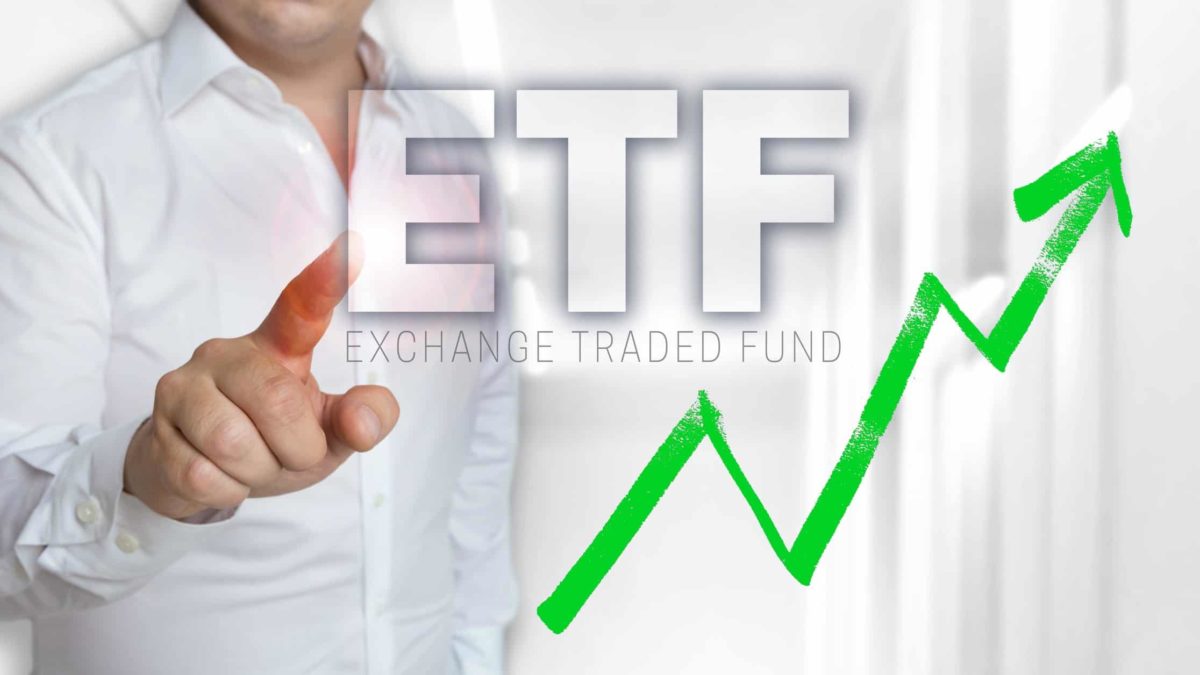
The artist drawing of the proposed Heirloom Carbon Technologies facility at the Port of Caddo Bossier. Facebook Twitter WhatsApp SMS Email Print Copy article link Save Carbon technology company Heirloom, hoping to make a more than $1 billion investment in two plants at The Port of Caddo Bossier has taken big step forward. The San Francisco-based Heirloom has announced $150 million in additional funding from a variety of investors including Japan Airlines Co.
, Ltd., Mitsubishi Corporation (Americas), H&M Group, Siemens Financial Services and others. Repeat investors include climate and carbon removal investors such as Ahren Innovation and Carbon Direct Capital.

The company says the new funding will be used to allow it to rapidly scale direct air capture of carbon and "to continue to drive down the cost of the technology, develop additional projects and provide the funding needed to subsequently access infrastructure capital." "We believe DAC (Direct Air Capture) is all about cost, cost, and cost — and that it will only scale to make a meaningful difference on climate change if it is affordable. This is precisely why people are investing in Heirloom," Heirloom CEO Shashank Samala said.
By Phase 3, they anticipate 200,000 tons per year will be removed. The DAC facility has not yet begun construction. The second "anticipated" Project Cypress facility will rely on DOE funding availability, the Shreveport-Bossier City Advocate was told.
The phased $550 million project is planned to be online by 2027 with an initial capacity of 100,000 tons of CO2, increasing to 300,000 tons at full build-out. Project Cypress, a partnership between Battelle, Climeworks, and Heirloom got its start in west Calcasieu Parish when it won support as a DOE Regional DAC Hubs program. Projects within Project Cypress have the possibility of being awarded grants from a $603 million pot of federal funding.
The proposed $1 billion Calcasieu Parish Project Cypress DAC plant and separate sequestration facility could break ground this year with full build out in five years. The two Port of Caddo Bossier facilities together, says Heirloom, will create one of the world's largest Direct Air Capture hubs, and will create over 80 permanent jobs with an average salary of more than $56,000. The Shreveport facilities will use a carbon removal process that makes abundant limestone a "super" absorber of CO2.
The company said its technology accelerates the natural properties of limestone, shortening the time it takes the mineral to absorb CO2 from years to less than three days. In an interview in July, Caitlin Cain, community engagement lead with Heirloom, said that Louisiana was a natural choice for this debut of new technology because of a couple of things. She said their industry is "symbiotic" with traditional energy production because of infrastructure and workforce needs.
An added benefit is Louisiana's weather — something many residents love to hate. Their method of extraction, she said, involves heating the limestone in a kiln, hydrating it, and "continuing the looping process dozens of times. It loves a hot, humid climate.
" To date, Heirloom has signed carbon removal deals with Microsoft, Stripe, Meta, Shopify, JPMorgan, McKinsey, Workday H&M, Group, Autodesk and others. Heirloom Carbon Technology's Tracy, California plant. The company says it is also well positioned to help multinational industries that are hard to decarbonize such as shipping, automotive, aviation and advanced manufacturing Heirloom's first and currently sole DAC plant is located near Tracy, California.
That plant, which Heirloom calls "America's first commercial DAC facility" went online in 2023 with the goal of removing 1,000 tons of carbon per year. Heirloom says the carbon that has been captured at the California plant is embedded permanently in concrete which is then used in other building projects..














